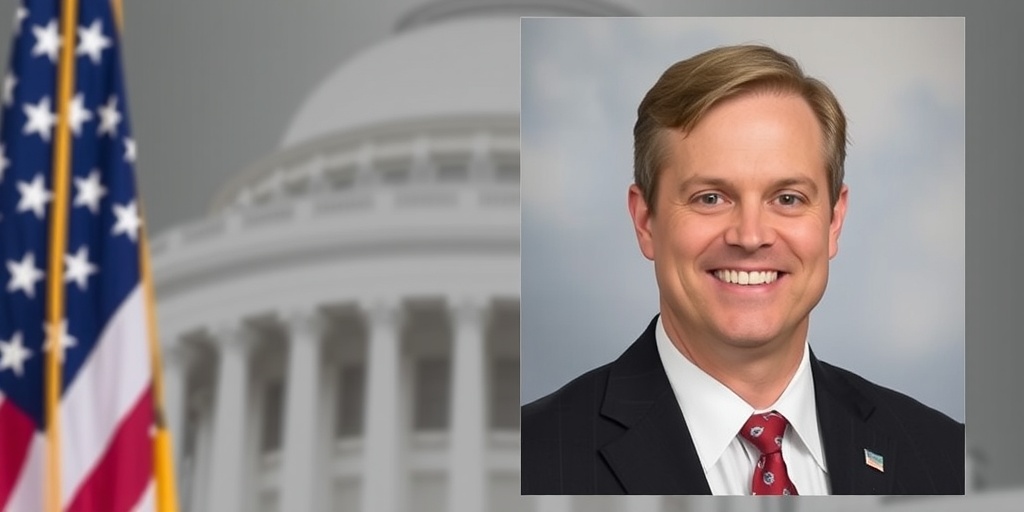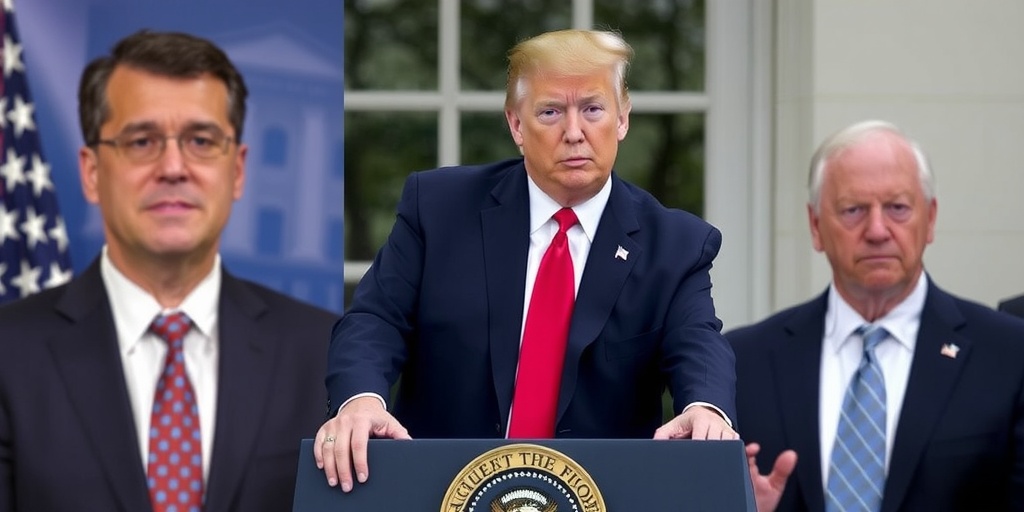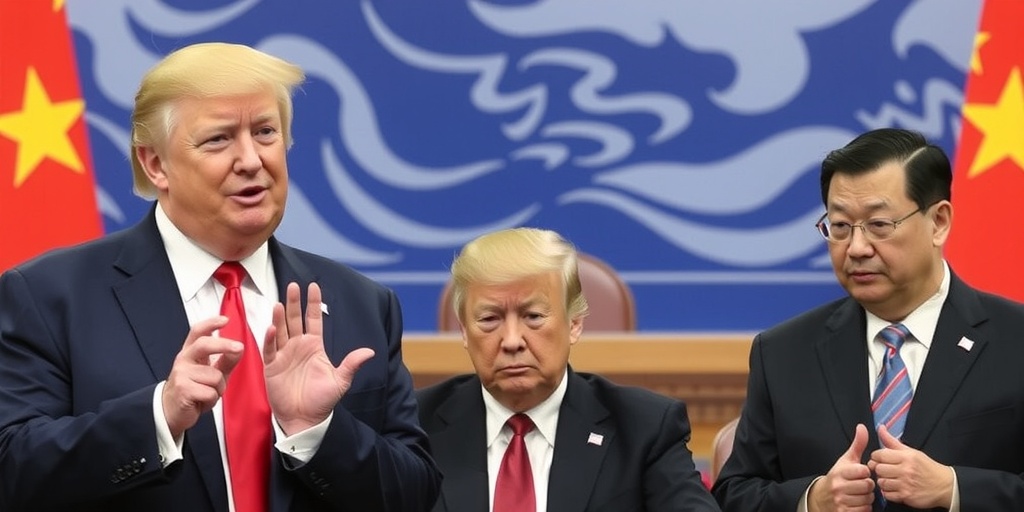Now Reading: USAID Memos Highlight Human Impact of Foreign Aid Cuts
-
01
USAID Memos Highlight Human Impact of Foreign Aid Cuts
USAID Memos Highlight Human Impact of Foreign Aid Cuts

The recent changes enacted by the Trump administration regarding foreign aid and the operational capacity of the U.S. Agency for International Development (USAID) could lead to severe humanitarian crises globally, as highlighted in internal memos by Nicholas Enrich, the acting assistant administrator for global health at USAID. According to these projections, the consequences could include a staggering increase in diseases and fatalities, sparking fears of widespread suffering across vulnerable populations.
One of the most alarming predictions indicates that approximately 18 million additional cases of malaria could surface annually, resulting in as many as 166,000 additional deaths. Furthermore, the potential for 200,000 children to be paralyzed by polio each year is a stark reminder of the deficiencies that could arise from these funding cuts. These projections also suggest that one million children may not receive treatment for severe acute malnutrition, a condition that often leads to fatality, as well as more than 28,000 new cases of deadly infectious diseases like Ebola and Marburg each year.
The internal memos, which have newly come to light, indicate Enrich’s deep concerns regarding the operational difficulties faced by USAID due to what he describes as “intentional and/or unintentional obstacles” created by political leaders within the agency and the State Department. Enrich criticized decisions that have hindered funding initiatives, blocked payment systems, and shifted priorities regarding which activities are deemed lifesaving, ultimately undermining the implementation of vital aid programs.
As the narrative unfolds, it becomes clear that these memos were drafted against a backdrop of significant staffing reductions at the agency, with USAID’s global health workforce shrinking from 783 down to fewer than 70. This drastic decrease has raised questions about the ability of the agency to effectively respond to health emergencies both domestically and abroad.
Enrich took the step to release these memos shortly after being placed on administrative leave, aiming to clarify the significant impacts of the reduction in funding and staff on the agency’s ability to deliver essential services. In an interview, Enrich emphasized the need for documentation to highlight the events taking place behind closed doors, particularly as the administration continued to sideline crucial humanitarian assistance initiatives.
The Trump administration had imposed a freeze on foreign aid funds earlier in January, though Secretary of State Marco Rubio approved a temporary waiver intended to facilitate lifesaving humanitarian assistance. Nevertheless, actual fund disbursement remained minimal, effectively halting aid programs on a global scale and leading to widespread layoffs among partner organizations. Employees at USAID’s Bureau for Global Health attempted to maintain optimism about enacting the waivers; however, the obliteration of numerous aid projects undermined any progress.
The termination of about 5,800 USAID-funded projects, including those that qualified for the temporary waiver, sent shockwaves throughout the community focused on international health. Enrich expressed his frustration and concern that the administration appeared fully conscious of its alignment with court orders while failing to allocate necessary aid under the supposed waiver.
Experts, such as Matthew Kavanagh from the Georgetown University Center for Global Health Policy and Politics, weighed in on the implications of these actions, noting that unless these decisions are rolled back, millions could face tragic outcomes as a result of the administration’s actions. Kavanagh cites potential outbreaks of diseases such as mpox and rising rates of drug-resistant tuberculosis due to the disruption of essential health programs, warning of a substantial increase in the number of patients requiring costly treatments in the U.S.
The repercussions are poised to extend beyond immediate public health concerns, threatening U.S. businesses—particularly in agriculture—and further straining public health resources. Interruptions in maternal and child health programs, as well as nutrition initiatives, could destabilize economies and political environments in recipient countries. Kavanagh underscores that the U.S. Constitution designates Congress, not the president, as the authority for establishing or dismantling agencies and authorizing spending, framing the administration’s actions as a potential constitutional crisis driven by a disregard for the welfare of vulnerable populations worldwide.
Overall, these internal memos reveal a thought-provoking glimpse into the potential ramifications stemming from the Trump administration’s foreign aid policies, highlighting not only the prospective human toll but also a legal and political crisis that may ensue if such actions go unchecked. The need for decisive action and accountability has never been more critical to safeguarding lives across the globe.
Stay Informed With the Latest & Most Important News
Previous Post
Next Post
-
 01New technology breakthrough has everyone talking right now
01New technology breakthrough has everyone talking right now -
 02Unbelievable life hack everyone needs to try today
02Unbelievable life hack everyone needs to try today -
 03Fascinating discovery found buried deep beneath the ocean
03Fascinating discovery found buried deep beneath the ocean -
 04Man invents genius device that solves everyday problems
04Man invents genius device that solves everyday problems -
 05Shocking discovery that changes what we know forever
05Shocking discovery that changes what we know forever -
 06Internet goes wild over celebrity’s unexpected fashion choice
06Internet goes wild over celebrity’s unexpected fashion choice -
 07Rare animal sighting stuns scientists and wildlife lovers
07Rare animal sighting stuns scientists and wildlife lovers




















